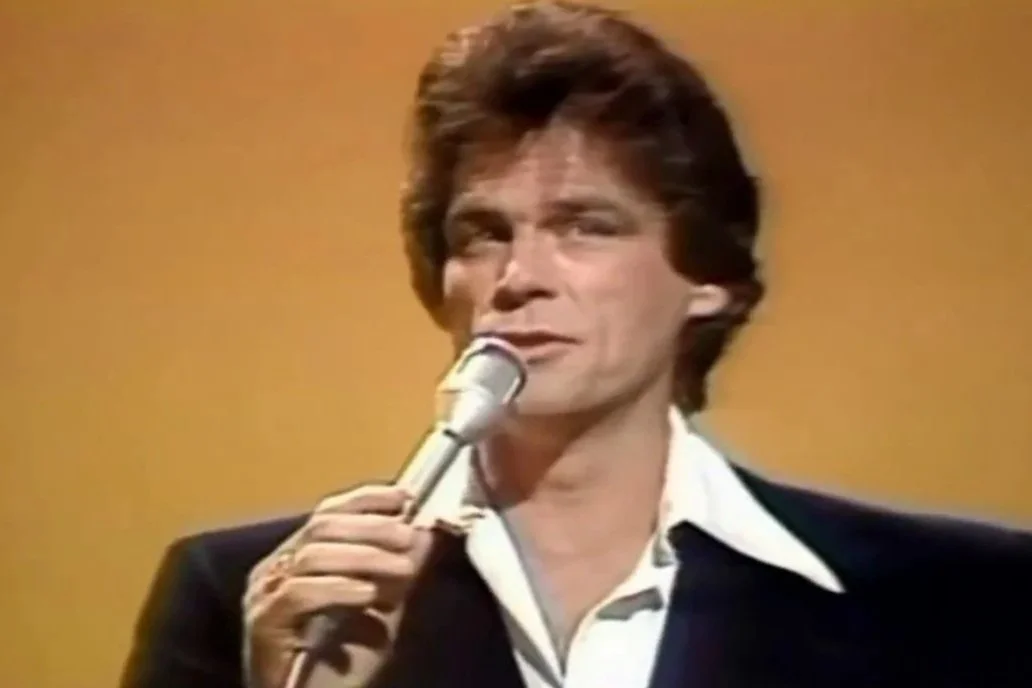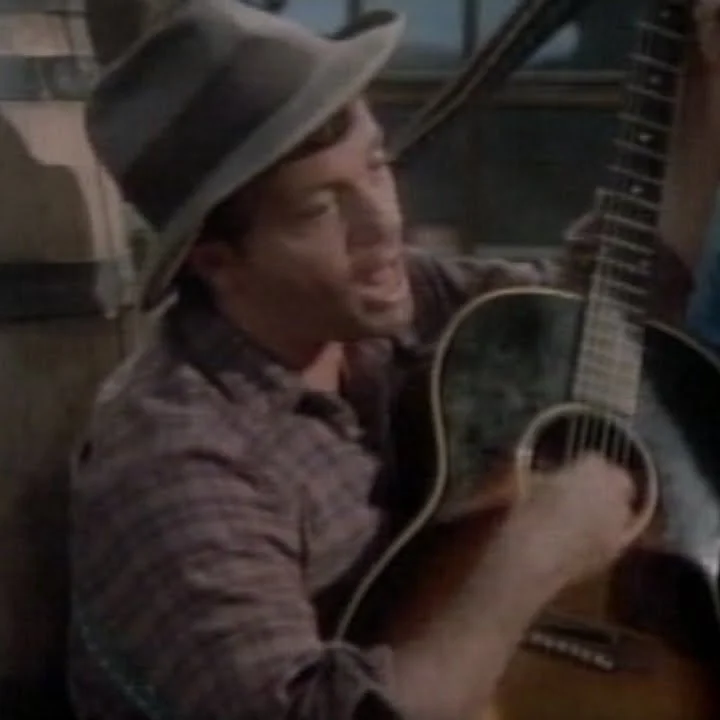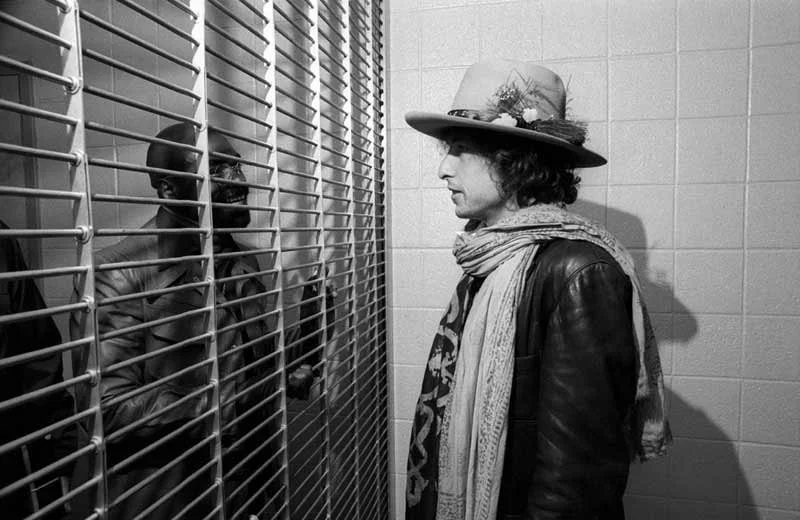Bananarama - Cruel Summer
"Cruel Summer" by Bananarama is a synth-pop track that was released in 1983 as part of their debut album, "Deep Sea Skiving." Written by Sara Dallin, Keren Woodward, and their producer, Steve Jolley, the song quickly became one of Bananarama's signature hits.
The song features a catchy melody and upbeat tempo, but its lyrics tell a more melancholic story about the emotional struggles of summer love that’s not reciprocated. The juxtaposition of the cheerful sound with serious themes resonated with many listeners.
"Cruel Summer" had a moderate chart performance initially but gained renewed popularity when it was re-released in 1989, reaching number 8 in the UK charts. The song has been covered and sampled by various artists over the years, contributing to its lasting legacy in pop culture.
Its continued relevance was also highlighted when it gained popularity again in the 2019 television series "Stranger Things," which introduced the song to a new generation of fans. Overall, "Cruel Summer" remains a beloved classic from the 1980s and showcases Bananarama's unique style and vocal harmonies.
Band Aid - Do They Know It's Christmas?
"Do They Know It's Christmas?" is a charity single released in 1984 by the supergroup Band Aid. It was written by Bob Geldof and Midge Ure, and its primary purpose was to raise awareness and funds for the famine in Ethiopia, which was devastating the country at the time. The song was recorded by a collective of well-known British and Irish musicians, including members of bands such as U2, Wham!, Duran Duran, Spandau Ballet, and Culture Club, among others.
The song's lyrics focus on the plight of those suffering from famine in Africa and contrast it with the holiday season in the Western world, asking whether the people affected even know it's Christmas. The chorus, "Do they know it's Christmas time at all?" became an iconic line, representing both the charity's cause and the hope of solidarity in the face of global suffering.
"Do They Know It's Christmas?" was an enormous commercial success. It topped the UK Singles Chart for several weeks and raised millions for famine relief through the proceeds from the song. It also inspired other charitable efforts, including the American counterpart, "We Are the World," recorded by USA for Africa.
Over the years, the song has been re-recorded several times, including in 1989, 2004, and 2014, with each version involving different artists to address ongoing global issues, but the 1984 original remains the most famous.
Billy Joel - Allentown
“Allentown” is a song by Billy Joel, released in 1982 as part of his album The Nylon Curtain. The song reflects on the economic struggles faced by the working-class residents of Allentown, Pennsylvania, particularly in the decline of the steel industry. Joel wrote the song to capture the feelings of disillusionment and uncertainty prevalent during that time, addressing themes of economic hardship, unemployment, and the loss of industrial jobs. It became one of Joel's signature songs and remains a poignant anthem for communities affected by deindustrialization. The song's melody is catchy, but its lyrics delve into deeper themes, making it a standout track in Joel's discography. It's a powerful reminder of the human impact behind economic shifts and industrial changes.
Black Sabbath - War Pigs
"War Pigs" by Black Sabbath is a powerful anti-war anthem that criticizes the hypocrisy and brutality of those who orchestrate wars for their own gain. Released in 1970 on their Paranoid album, the song portrays politicians and military leaders as corrupt figures—"generals gathered in their masses"—who treat human lives as expendable while they remain safely distant from the chaos they create. With dark, apocalyptic imagery and a slow, heavy riff, Black Sabbath delivers a grim warning: those responsible for war will one day face judgment for their actions. Through its haunting lyrics and aggressive sound, "War Pigs" became a defining track of early heavy metal and a timeless protest against violence and injustice.
On July 5, 2025, Black Sabbath delivered a historic and emotionally charged final performance of “War Pigs” during their farewell concert, Back to the Beginning, at Villa Park in Birmingham—their hometown and the birthplace of heavy metal. Reunited for one last time, the original lineup—Ozzy Osbourne, Tony Iommi, Geezer Butler, and Bill Ward—took the stage to thunderous applause. “War Pigs” opened their four-song set with its iconic air-raid sirens and ominous riff, unleashing a wave of nostalgia and reverence among the 45,000 fans in attendance and over 5 million livestream viewers. Ozzy, seated due to advanced Parkinson’s, delivered a fierce and heartfelt vocal performance, visibly moved by the occasion. The moment stood as both a triumphant celebration of their legacy and a solemn farewell, made even more poignant by Ozzy’s passing just weeks later. The performance has since become immortalized as a defining final statement by one of metal’s greatest bands.
Blind Melon - No Rain
"No Rain" by Blind Melon was released in 1992 as part of their self-titled debut album. The song quickly became a defining hit for the band and is often associated with the 1990s alternative rock scene. Written by lead singer Shannon Hoon, the lyrics express feelings of isolation and a longing for happiness, which resonated with many listeners.
The music video, featuring a girl in a bee costume, became iconic and played a significant role in the song's popularity. It captured the essence of the song's themes about finding joy and connection in a world that often feels overwhelming.
Despite the band's success, they struggled with the pressures of fame, and tragedy struck when Hoon passed away in 1995. Nonetheless, "No Rain" remains a beloved classic and is often remembered for its uplifting melody and poignant lyrics. The song has continued to influence countless musicians and is celebrated in various cultural references.
blink-182 - Adam's Song
“Adam's Song” by blink-182 is a poignant and introspective track from their album Enema of the State released in 1999. The song is known for its dark lyrics, which touch on themes of depression and suicidal thoughts. Despite its somber subject matter, the song has resonated with many listeners and has been praised for its honesty and emotional depth.
Bob Dylan - Hurricane
"Hurricane" is a song by Bob Dylan that was released in 1976 on his album Desire. The song tells the story of Rubin "Hurricane" Carter, a middleweight boxer wrongfully convicted of murder in 1966. Dylan wrote the song as a protest against the injustices faced by Carter and highlighted issues of racial discrimination and the flaws of the American justice system.
Carter's story garnered significant media attention, and Dylan's song helped to raise awareness about his plight. The lyrics detail the events surrounding Carter's arrest and trial, emphasizing the lack of evidence and the biases that influenced the legal proceedings. "Hurricane" became an anthem for those advocating for Carter's release and highlighted the broader struggles for civil rights and social justice during that era.
Carter was eventually exonerated in 1985 after serving nearly 20 years in prison, largely due to evidence that had been overlooked during his trial. The song remains one of Dylan's most powerful political statements and is recognized for its storytelling and social commentary.
Bob Dylan - Positively 4th Street
“Positively 4th Street” is a song by Bob Dylan, released as a single in 1965. It's known for its biting lyrics and was famously interpreted as Dylan's response to criticism from former friends and associates. The song reflects Dylan's disillusionment and bitterness towards those who had once been close to him but had turned against him.
The lyrics are sharp and confrontational, with Dylan expressing feelings of betrayal and resentment towards the individuals addressed in the song. The title "Positively 4th Street" refers to a street in Greenwich Village, New York City, known for its bohemian atmosphere and association with the folk music scene of the 1960s.
Despite its confrontational tone, "Positively 4th Street" became one of Dylan's most popular and enduring songs, showcasing his skill as a lyricist and his ability to capture complex emotions in his music.


















